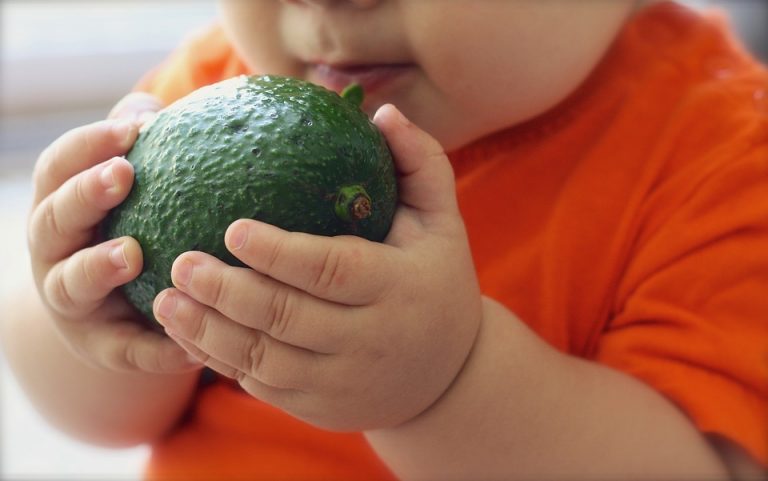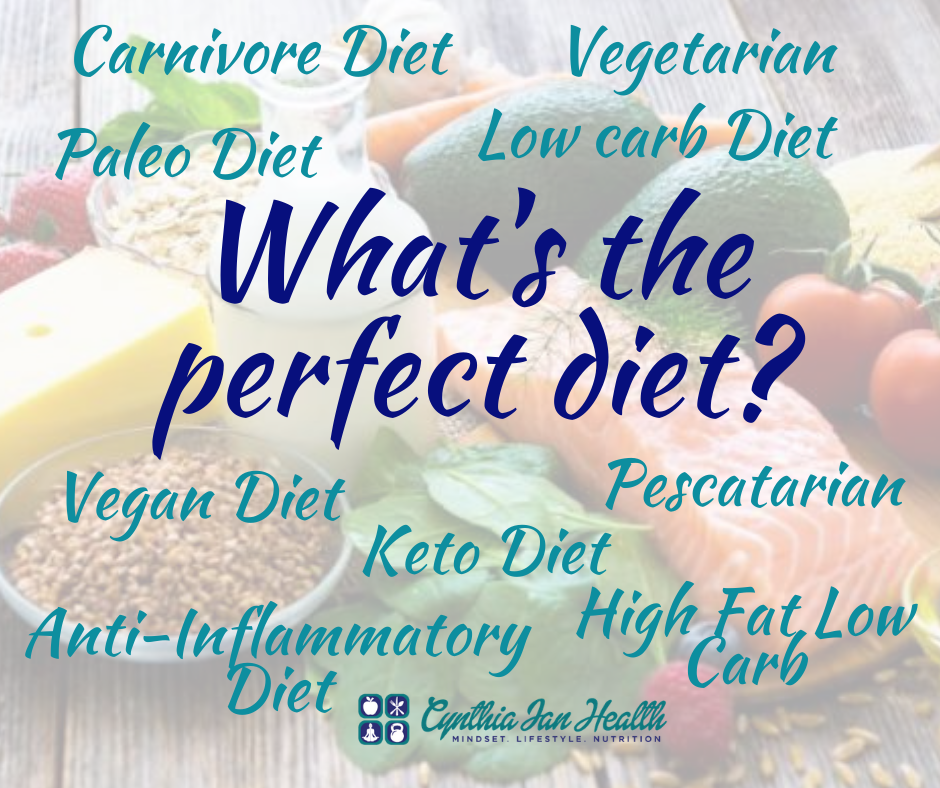FEEDING YOUR BABY
Feeding your baby can sometimes come very naturally or it can be very stressful. As new moms we constantly worry and question ourselves! Is my baby eating enough, am I feeding him the right foods, why is she spitting up, etc. It can definitely be overwhelming, but mom, just know that you got this! Trust your gut and make sure your own nutrition is top of the line! Remember that if you are able to nurse, breast milk is best for baby, and for as long as possible. If your baby is bottle-fed, make sure to choose a top quality formula and if you’re feeling adventurous know that there exist many recipes to make your own formula. If you are nursing and your baby has reflux, vomits, is constipated or has diarrhea, due to his immature digestive tract, he is probably having a hard time with some of the foods you are eating, so clean up your diet and as much as possible eliminate the main culprits; dairy, gluten, corn and soy. I’m not mentioning eggs here because they are a powerhouse of nutrition so before eliminating eggs, try the others first. Know that your diet has a significant influence on the quality as well as fat content of your milk. Don’t be afraid to eat quality fats; avocados, virgin coconut oil, ghee/butter if well tolerated, grass-fed meats and pasture-raised poultry. The best breast milk is very high in saturated fats so it is more than ok to consume large amounts of animal fats such as egg yolks, beef tallow, cod liver oil and oily fish while you nurse. It is a fact that saturated fats in the mother’s milk stimulate the baby’s immune system.

WHEN TO START?
First foods are best introduced between 4 to 6 months of age depending on the baby’s size and maturity. Feeding too early can create your baby to develop food intolerances and sensitivities, due to their immature digestive tract. At 6 months of age, food needs to be introduced as this is when iron stores begin to deplete. A recent fad has come up where babies are fed solids only at the age of 1 which has resulted in anemic babies and is therefore not recommended. BEST FIRST FOODS
First and foremost, some simple rules to follow. Introduce new foods one a time and continue to feed your baby this food for at least four days without introducing any new foods to be able to identify reactions, if any occur. As per Dr. Cowan, signs of intolerance include redness around the mouth, abdominal bloating, gas and distention, irritability, fussiness, over activity and awaking through the night, vomiting, constipation, diarrhea, frequent regurgitation of foods, nasal or chest congestion and finally, red, chapped or inflamed eczema-like skin rash. If your baby happens to have one of these reactions, hold off on feeding your child this food for a few months before re-introducing. Also important to mention is that babies first foods should be liquid and/or pureed! Babies do not have teeth to chew, lack coordination to pick up their foods and have immature digestive systems. Pureed foods are easier on their digestive tract and helps the baby expend less energy on digestion which can be stressful. Between 4 to 6 months of age when baby is ready, homemade meat stock is a great way to start with 1-2 teaspoons as it is extremely gentle on the digestive tract. Next slowly introduce juices made from organic carrots, after which you can include a small piece of cabbage, celery or lettuce to the carrots if no reaction occurs. Then, organic liver is one of the best foods to introduce as it is a usable source of iron and much needed Vitamin B12. Take note that fortified cereals and iron supplements are inorganic and cause other issues such as stunted growth and higher risk of infections, amongst other issues. For a liver recipe, follow this link from the Healthy Home Economist: http://www.thehealthyhomeeconomist.com/video-first-food-for-baby/ Other first foods are egg yolks, from pasture-raised chickens, which can be mixed with liver to make it more palatable. It is also reported that mixing egg yolks with liver causes less reactions to occur. Egg yolks are rich in choline vital for nerve and muscle function as well as vitamin D and cholesterol which are much needed for baby’s developing brain. Eggs need to be boiled for about 3 minutes, then discard the white and only serve the yellow, introduced slowly beginning with 1/2 teaspoon. At this point you’re probably wondering about cereal? Cereal should be introduced after the first year of life, safest around 18 months. Curious why? Babies do not have the enzyme “amylase” necessary to digest carbohydrates until their second year of life so feeding babies cereals as their first foods is a huge disservice to their little gastrointestinal tract! Babies produce pepsin and digestive juices that will work on digestion of protein and lipase enzyme that will work on fat. This confirms that babies first foods should be mostly animal foods as their digestive systems are better equipped to digest these over other foods. Cooking food in fats especially vegetables later on when introduced will help your baby quickly and easily absorb the beneficial nutrients that vegetables have to offer. Fats such as butter, meat, lard, coconut oil, chicken/duck/goose fat and olive oil are all welcome! Other foods that are great as introductory foods are bananas and avocados. As you move on through the weeks, pureed soups with well-cooked vegetables are a great addition to your baby’s diet! Pancakes made of eggs and squash cooked in coconut oil are also very nourishing. Afterwards and once your baby is ready, begin with gently cooked vegetables to eventually reach the ability to give them raw. Regarding fruit, make sure to cook all high-pectin fruit as they can irritate the digestive tract; peaches, apricots, apples, pears, cherries and berries. Grains, nuts and seeds need to be the last introduced foods as they are more susceptible to causing digestive troubles and allergies. Keep water to a minimum until the age of one. The American Academy of Pediatrics recommends limiting water in the first year of life, all nutrients will come from breast milk or formula if bottle-fed (it is known that excess water can dilute sodium levels to a level where body functions may become impaired). If you feel your baby is dehydrated and needs liquids, filtered water with a squeeze of lemon and pinch of salt will provide the baby with much better hydration. On a final note, make sure to provide your baby with a quality probiotic for it’s beneficial bacteria and easy-to-digest nutrients. Juice from homemade fermented sauerkraut or fermented vegetables is a great source of probiotics. To learn more and for a more detailed feeding plan, please feel free to contact me!



